As part of Murdoch University in Perth, the Institute for Immunology & Infectious Diseases (IIID) plays a key role in ensuring the next generation of medical and science graduates have the skills and knowledge to continue the work of their predecessors. However, at the same time, the IIID is conducting industry leading research, changing the way we deal with diseases such as HIV and other viral infections.
We had the opportunity to speak with Associate Professor Mark Watson, who spoke more about the work of IIID and how Testo’s innovative solutions support their progress.
What does IIID do and what kind of research is conducted?
Our primary areas of focus are molecular research immunology, immunogenetics, biology and diagnostic testing. In essence, the majority of our work surrounding medical research in immunology.
This research looks at everything from molecular or cell-based assays that are immunology-related to autoimmunity and infectious diseases such as HIV. Moving forward, we are looking to broaden further into areas such as bacterial and viral infection.
Of course, we are also part of the university family and have teachers supporting both medical postgraduates and undergraduates.
What are some of IIID’s significant research achievements?
One of our major achievements was our success in real translational medical research. This involves taking an observation from a clinical setting through the laboratory to determine what was causing that problem and creating a test to help at-risk patients.
For example, a particular HIV drug would cause a life-threatening hypersensitivity reaction in 20 per cent of patients. We took this issue to the laboratory, identified the cause and developed a test that is now used worldwide to prevent this side effect. This was one of the first examples of personalised medicine globally.
How important is temperature when it comes to your applications?
Absolutely critical. We have research findings stored in secure database systems on-site. These range from room temperature to liquid nitrogen storage and everything in-between depending on the sample type.
You can’t store live human cells for any length of time unless you store them the liquid nitrogen, for example. They have to be monitored regularly to ensure that when they are resurrected, they are functional and usable.
Under our NATA and ASHI accreditation, we have a requirement for ongoing temperature monitoring. This is where the Testo Saveris technology certainly comes in handy.
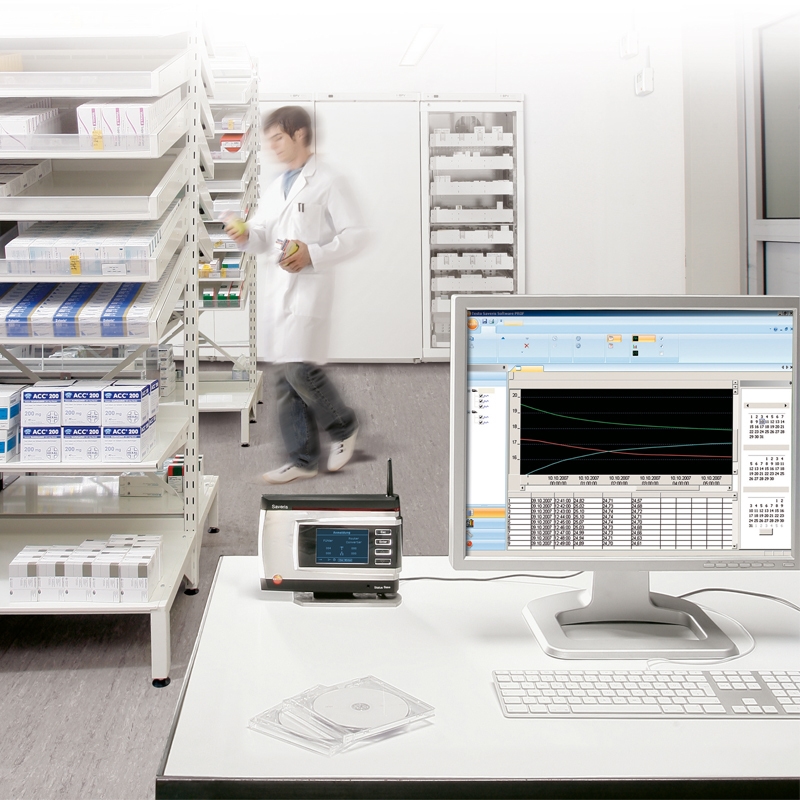 Testo Saveris is proving a great option for IIID.
Testo Saveris is proving a great option for IIID.How has this equipment benefited your organisation?
One of the real benefits of the Testo Saveris system is the ability to access real-time data at any of our storage facilities. We can be off-site and will be notified if someone has accidentally left the door open or the temperature within the area changes for any particular reason.
From this point, it is helpful to log onto any computer and remotely analyse what is happening. This gives us the chance to make real-time decisions to ensure the ongoing quality of our samples.
This system has saved the institute many times, providing a sound warning when -80 degree freezers stop working. In fact, with samples collected over 25 years and worth millions at risk, it has been important to Testo Saveris to provide an efficient warning for actions to be taken.
In the past, we used hand-held temperature probes, but these certainly don’t provide the real-time alarm and data that an institute of our size and scope requires. This is one of the true advantages of Testo Saveris and why we trust it to maintain temperatures across all of our storage facilities.



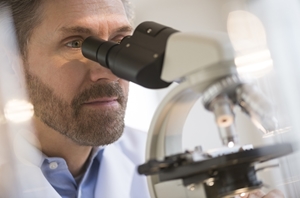
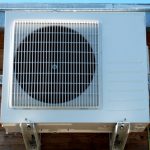

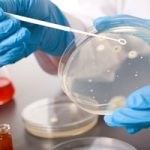
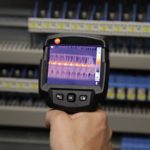

 Reduce cooking oil costs while ensuring quality
Reduce cooking oil costs while ensuring quality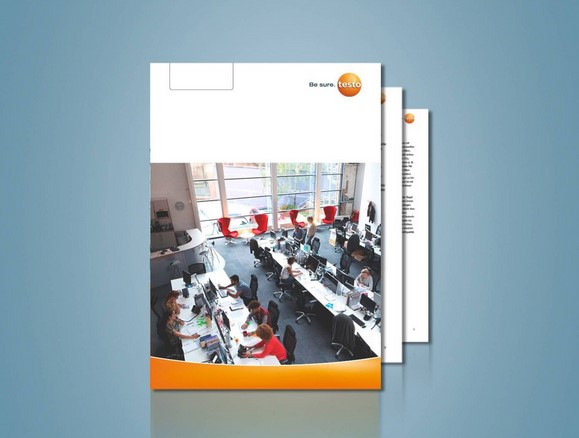 Expert knowledge on CO2 monitoring
Expert knowledge on CO2 monitoring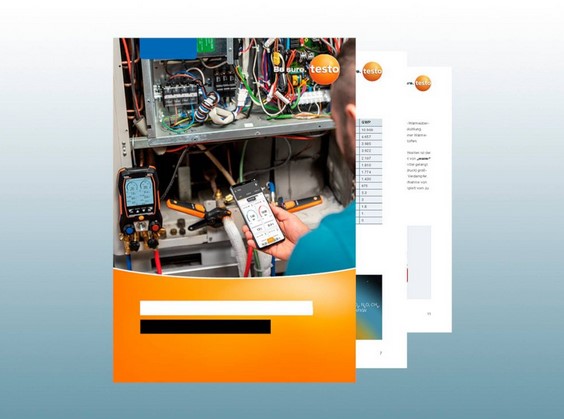 Refrigeration knowledge - in 3 modules
Refrigeration knowledge - in 3 modules



